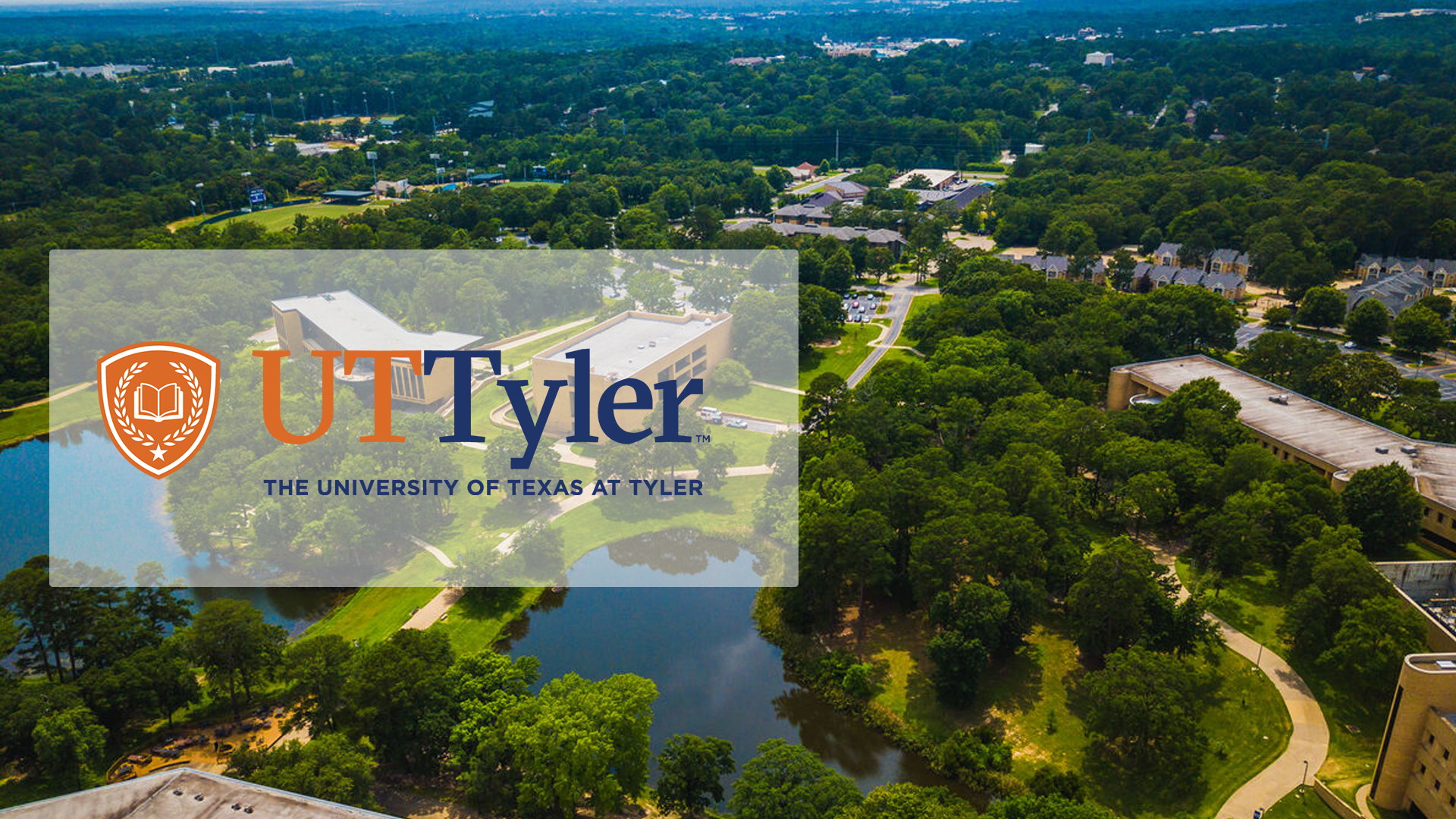
Faculty Engagement and Data-Informed Support Lift Persistence by 4% at Austin Community College
Share this Post
The Challenge: Delivering timely support to a diverse and sizeable student population to foster improved retention and completion rates.
The Strategy: Transition to a case management model that offers students proactive guidance and access to resources, and engages faculty to see a complete picture of their academic journey.
The Outcomes: Achieved significant improvements in persistence and streamlined processes through a data-informed approach and strong faculty partnerships.
For many community colleges, identifying the right support for their increasingly diverse population isn’t easy. Students balance work, personal commitments, and school and come to school with backgrounds ranging from first-generation college students to adult learners seeking career advancement through additional certifications.
Austin Community College (ACC), one of the top 10 largest community colleges, faces the particularly daunting task of guiding over 70,000 students across eleven campuses, making personalized outreach and student engagement difficult. The challenge will intensify with the expected spike in fall 2024 enrollment due to the ACC Free Tuition pilot program.
To address this, ACC has developed effective systems and support structures to provide tailored support and access to resources on a scalable and effective level. By streamlining caseload management, partnering with faculty, and utilizing technology systems to scale support, ACC is increasing persistence levels and expects more positive outcomes.
Challenge: Scaling Support to Improve Retention and Completion Outcomes
Providing effective support for a student population of over 70,000 is inherently challenging, especially given the diverse and complex needs of such a large group. It can be difficult to identify and prioritize those who need help and understand the complete picture of each student. Packed advisor calendars do not necessarily indicate that the most at-risk students receive the support they need to persist.
ACC faced several obstacles to fulfilling its goal of improving retention and providing students with the support they need to persist and graduate on time with a credential. Advisors assisted new students each week, making it difficult to build long-term relationships and track student progress over time. Additionally, advisors only had a partial view of each student’s situation, and students constantly re-told their stories to the different student support resources across campus.
The introduction of House Bill 8 (HB8) further increased pressure on ACC to boost completion and credential outcomes. This outcomes-based approach rewards colleges for awarding degrees, certificates, and other “credentials of value,” making it even more crucial for ACC to develop measurable outcomes and effective support systems.
Strategy: Shifting to a Proactive, Data-Informed Advising Model
Despite their busy schedules, advisors needed a way to connect with at-risk students who were not actively seeking help. They also required insights into classroom performance and whether students used recommended support resources to complete their degrees.
ACC transitioned to a case management advising model, enabling advisors to build stronger relationships with students and monitor their progress over time, aiming to improve completion rates. Guided pathways prompted a shift from a generalist advising model to a specialist-driven one, helping students stay on track and ensuring advising interactions led to improved student outcomes.
The success of their strategy hinged on three main components:
- Streamlined Caseload Management
Making sense of the vast amount of data available across more than 100 programs in 10 areas of study can be overwhelming, time-consuming, and difficult to ensure accuracy. With caseloads constantly changing as students join throughout the term, it’s difficult to keep information current and determine what needs immediate action versus monitoring. However, proactively supporting students before they decide to leave is crucial.
Additionally, isolated information across campus made putting together the complete picture of what students needed to thrive difficult. Administrators and advisors needed a system with one centralized view to identify relationships, patterns, and gaps in their understanding of caseloads.
Advisors can view all relevant data on their caseload and individual students in one place using the Civitas Learning Student Impact Platform’s advising analytics and workflow capabilities. ACC has a broad range of staff with case management responsibilities, and Civitas Learning’s advising capabilities serve as one source of truth for everyone to reference. Any user can store notes and initiate outreach. There is also a record of communication, even if it transitions to ACC Gmail.

“It’s the data hub for all our students. Any outreach, any notes, any meetings — it all lives in the advising workflow; wherever that student lands, we should be able to reference what the engagement has been so we can move forward and assist that student effectively.”
—Kathy James,
Executive Dean, Academic Advising & Affinity Programs, Austin Community College
With predictive analytics embedded into the solution, users can filter their caseload by the lowest persistence prediction score and initiate outreach tailored to this specific group. They can also see which students they haven’t seen, who withdrew from classes, and other signs like shifts in persistence likelihood or LMS activity compared to their peers, prompting advisors to reach out. The ability to easily create a group of students and have it dynamically change depending on factors like student GPA and alert activity is a huge support when managing caseloads ranging from 275 to 400 students.
- Engaged Faculty
It can be exceptionally hard for institutions of any size to engage faculty in student success efforts. Not having insight into student behavior and performance in the classroom, whether due to siloed systems, entrenched processes, or other reasons, creates a significant gap.
Although it wasn’t an overnight process, ACC has successfully engaged faculty in using the Civitas Learning Student Impact Platform. This success is largely due to working closely with faculty to determine which alert features were most needed and how they could best serve their students. Advisors and Student Success Staff recognized that faculty interact most with students, making collaboration essential to improving student outcomes.
Dr. Reinhart emphasizes the importance of this collaboration, noting that involving instructional colleagues in developing academic alerts allowed teams to build features tailored to instructors’ needs. The result is a valuable student success resource used by faculty and staff.
Larry Stephens, a faculty professor in the accounting department, shares:
“I use this tool to document my advising conversations with students new to the accounting program. It provides them with a reference document for their next steps in registration, eliminating the need to sift through countless emails to find the relevant information.”
—Larry Stephens,
Accounting Faculty, Austin Community College
The solution also enables faculty to target students majoring in a specific area. Instead of sending generic outreach to all students, which is likely to go unread, they can now use dynamic groups to target only those students to whom the information applies. Meredith Denton-Hedrick, Faculty Mentor for Engineering, Physics, Geology, and Environmental Studies at ACC, shares:
“The advising solution allows me to target my majors specifically or specific cohorts within the majors I work with. For example, when I receive information about scholarships or internships open to a specific group of students, I can now send targeted emails to only those who qualify and avoid spamming those who don’t.”
—Meredith Denton-Hedrick,
Faculty Mentor for Engineering, Physics, Geology, and Environmental Studies, Austin Community College
A robust training program led by Hilda Gartke, Coordinator of Student Affairs Training, has also made it easier for faculty to adopt the solution. She provides ongoing training and videos on effectively using the Advising Analytics and Workflow capabilities. Notably, she mentioned that five faculty members are registered for an upcoming training session. Faculty immediately see the benefits; many use the system daily to send alerts or organize outreach.
- Scaled Support
One-on-one outreach isn’t feasible when advisors manage up to 400 students or more caseloads. To effectively support students, leaders and their teams must quickly and accurately connect students with resources most likely to positively impact student outcomes.
ACC needed to determine how to meet their assigned Key Performance Indicators (KPIs), which include:
- Achieving a 10% increase in advising appointments
- Ensuring 50% of their caseload is seen by an advisor
- Guaranteeing 100% of first-time students are seen by an advisor
ACC partnered with Civitas Learning to manage workloads and prioritize caseloads to meet these measurable outcomes. This shift allows them to avoid manually organizing individual outreach or sending mass communications that may not resonate. Instead, they can analyze what drives success for specific groups and tailor their communication accordingly.
Having all student activity and notes in one view allows meetings to be forward-focused, eliminating the need for time-consuming updates between advisors and faculty. Advisors can also monitor students’ performance over time and receive notifications of any changes through dynamic groups. For example, ACC can create a group that tracks first-year students who haven’t seen an advisor and initiate targeted outreach throughout the term rather than reaching out individually within their caseload.
Additionally, leaders can track key KPIs by utilizing the management reporting features of the Civitas Learning platform. This enables them to monitor progress and provide guidance to advisors in order to help them achieve their objectives. The team discovered that despite the common assumption that the majority of students did not meet with their assigned advisor, in reality, 75% of students do engage with their assigned advisor for guidance and support.
Outcomes: Improved persistence rates and streamlined systems
By leveraging integrated case management, predictive analytics, and establishing a collaborative partnership with faculty, ACC has achieved impressive results:
- Incrementally Improve Persistence Outcomes-A 4.1% gain in Fall to Spring persistence within three years (from 70.8% in Spring 2021 to 74.9% in Spring 2023)
- Remove Barriers to On-Time Completion–13% increase in 2-year completion from the Fall 2015 cohort to the Fall 2021 cohort and a 25% Increase in certificates awarded, particularly level one credentials, which include certificates for auto workers and other labor-focused specialties
- Integrate Data & Streamline Workflows-A significant reduction in the number of systems and programs needed to manage student outreach, allowing ACC to text, email, schedule, and document notes all within a single platform
ACC is effectively tackling the significant challenge of providing personalized support to one of the largest student populations in the country. Boosting persistence isn’t easy, as community colleges primarily work with transient populations and students balancing school with many other commitments. By streamlining caseload management, partnering with faculty, and scaling support, ACC is increasing persistence levels and expects to see even more positive outcomes in the years to come.
For more information on how Civitas Learning can help you apply your data to improve the student outcomes that matter most, check out the Civitas Learning Student Impact platform here.


